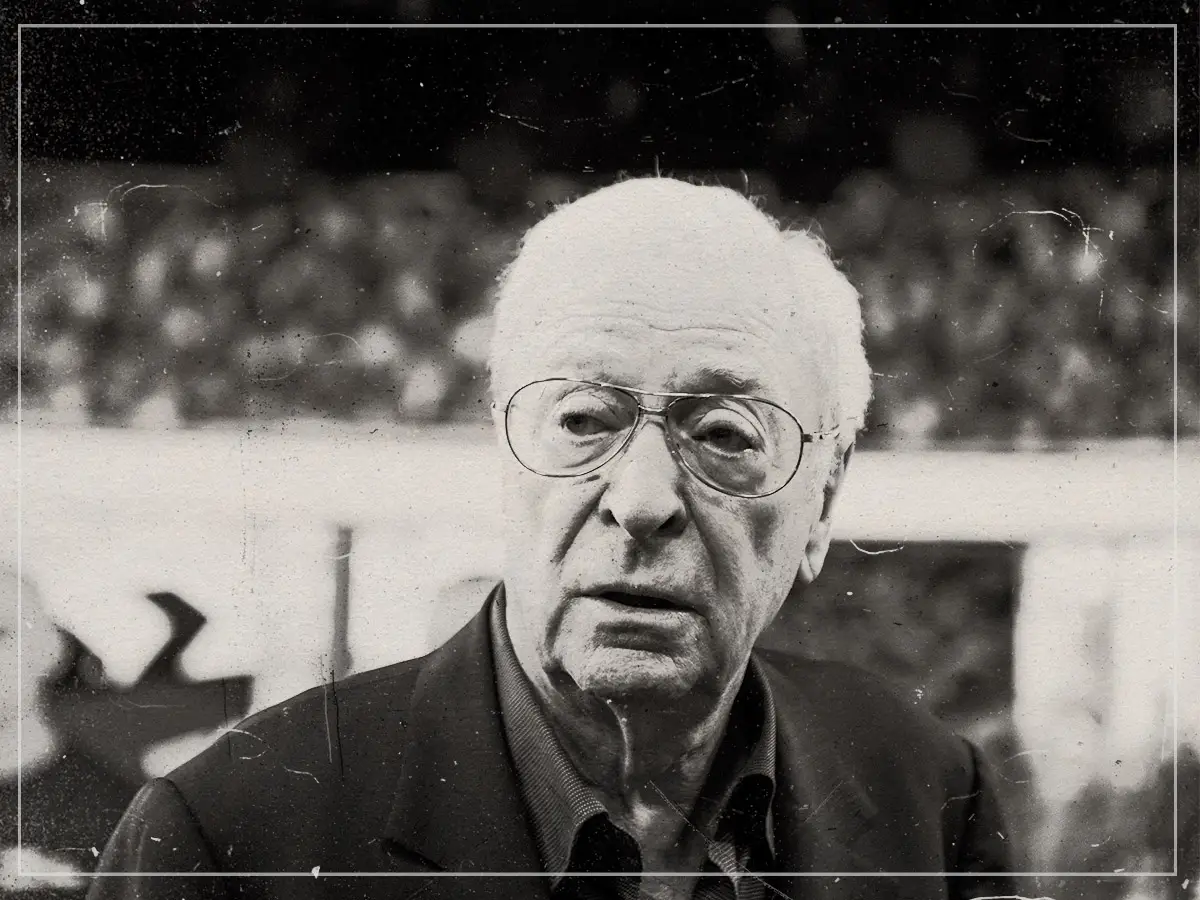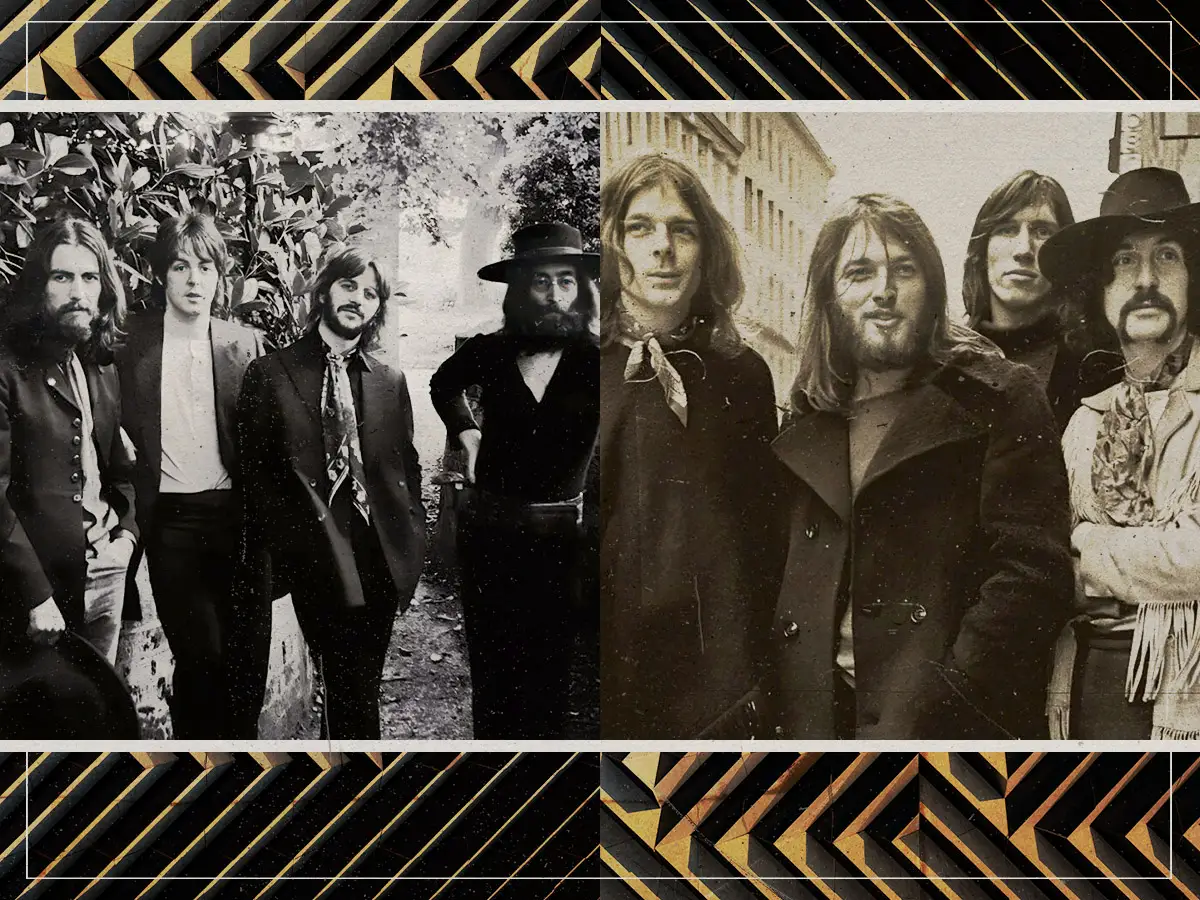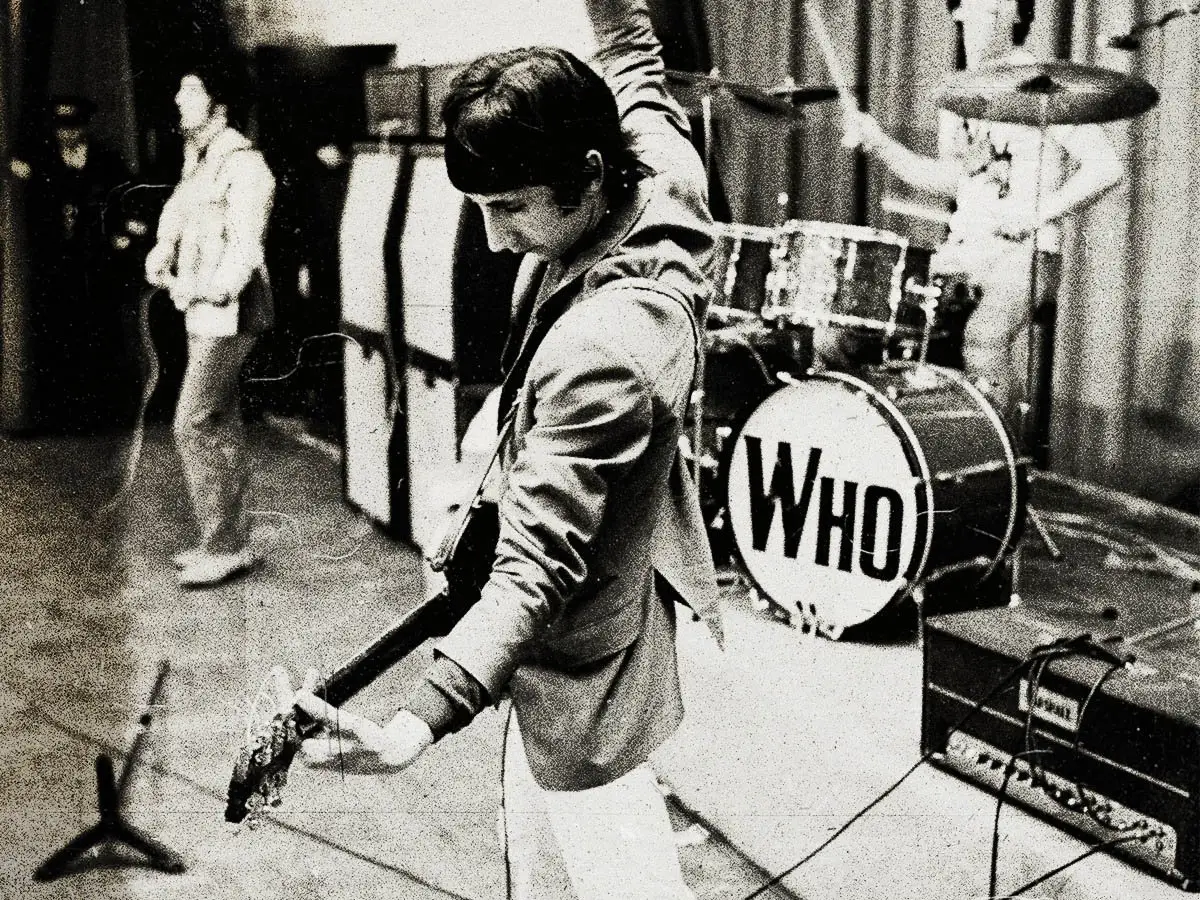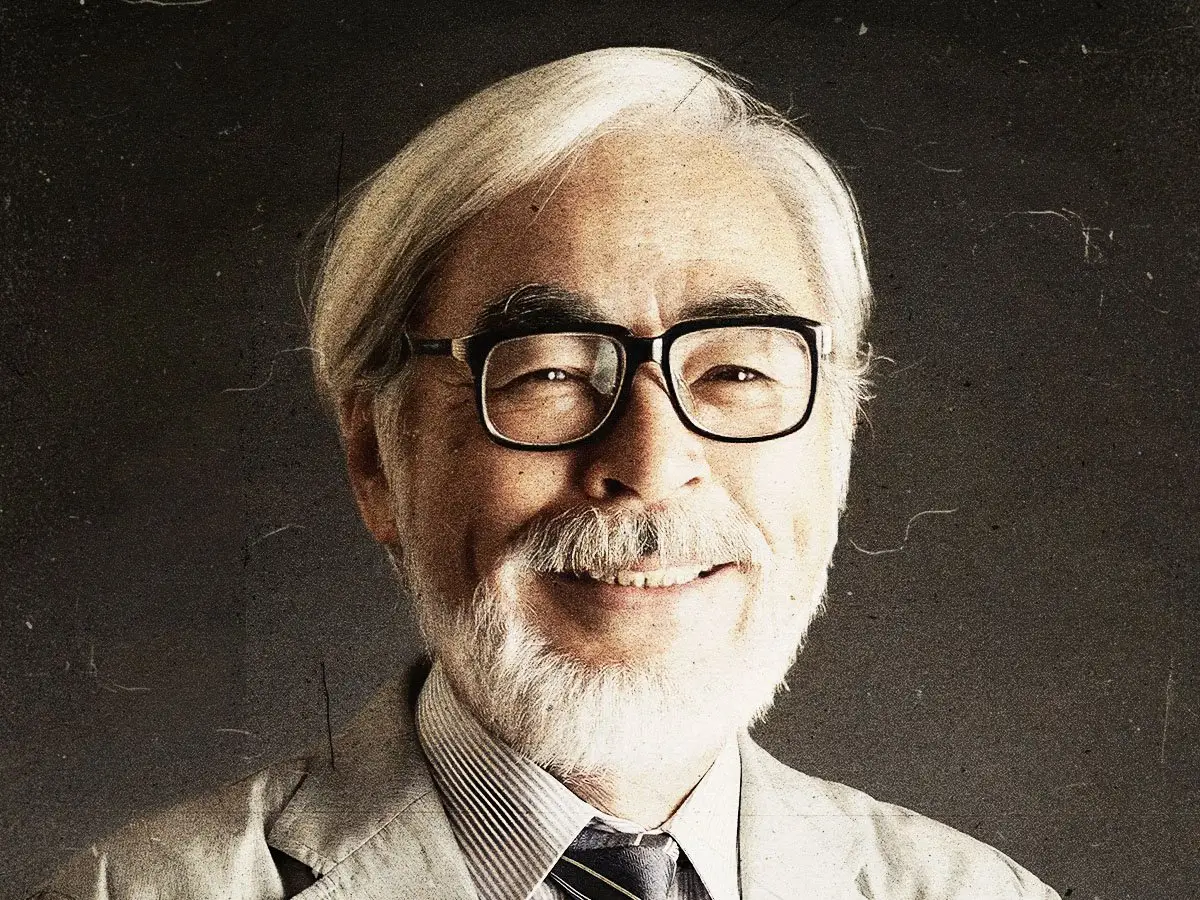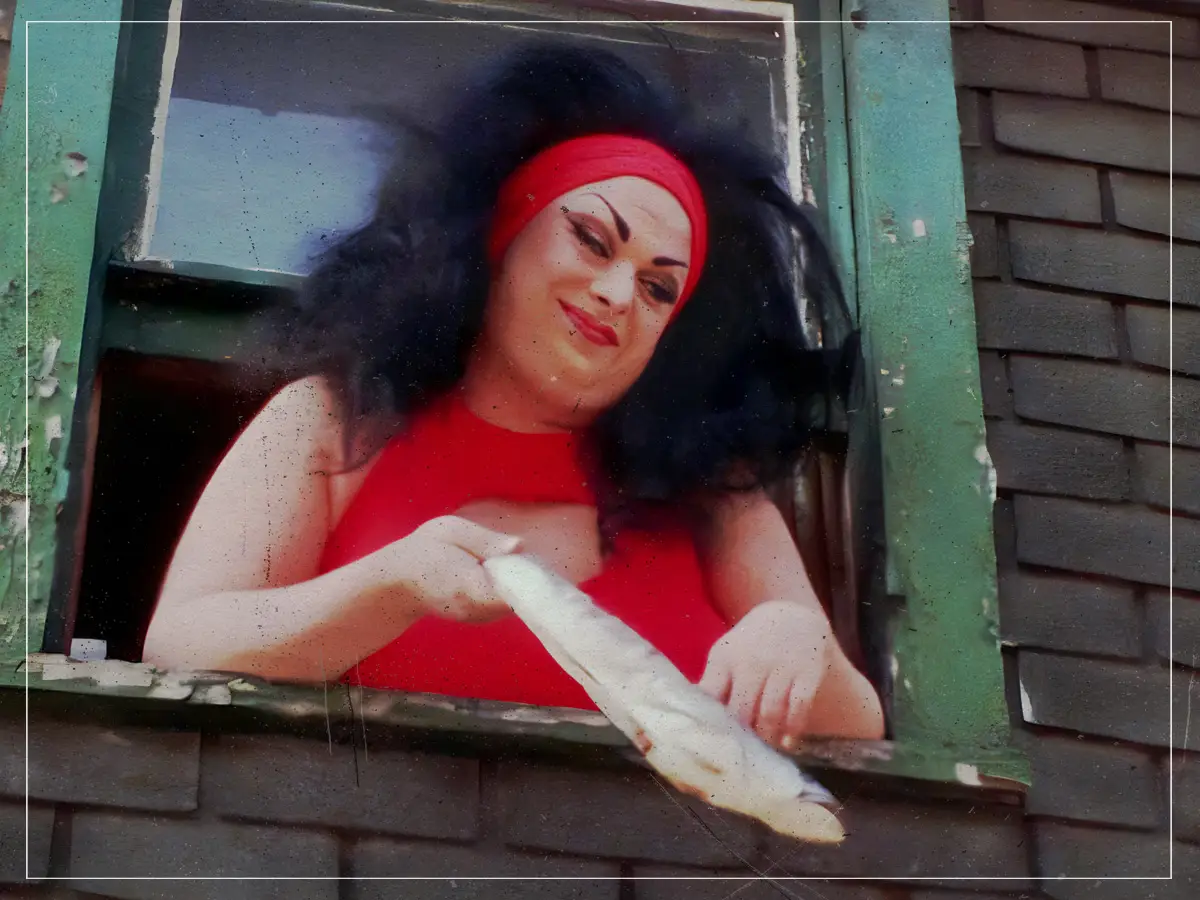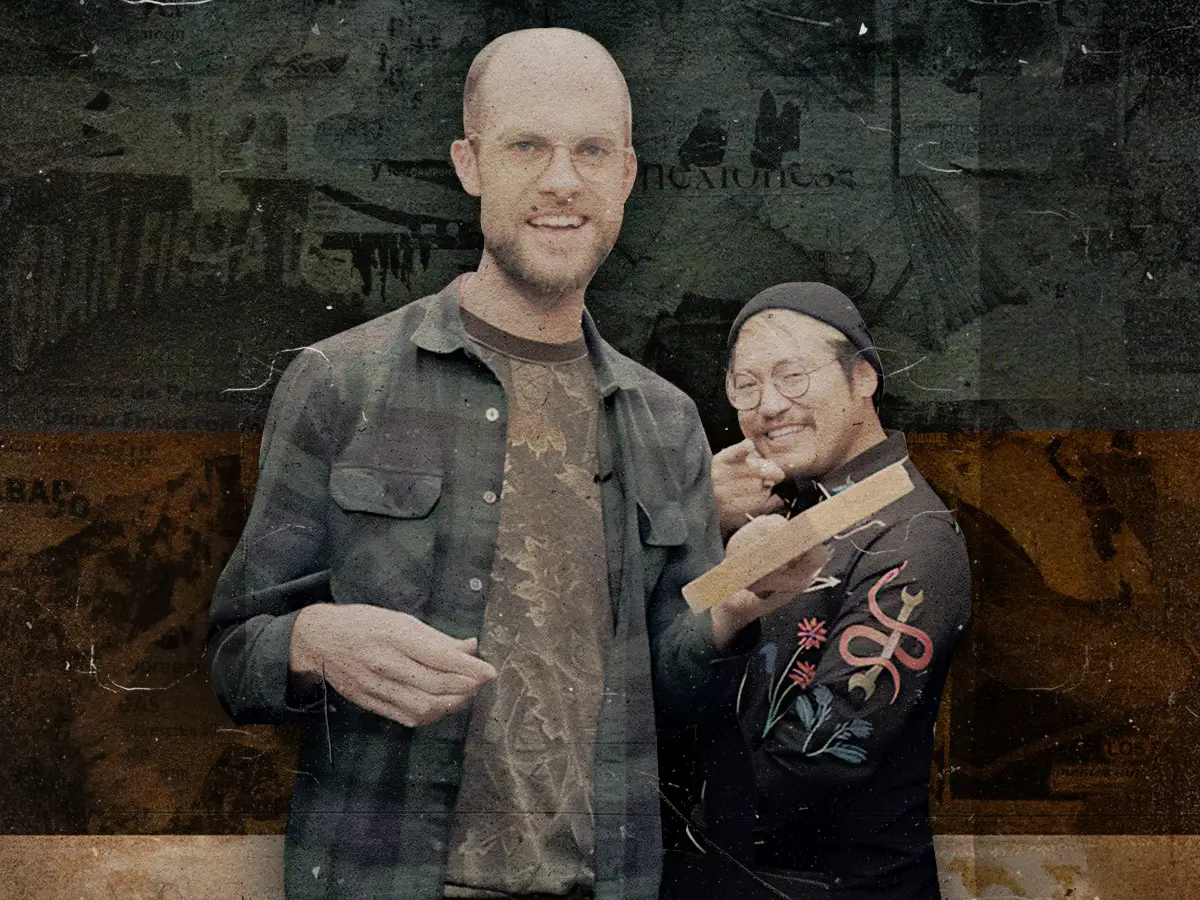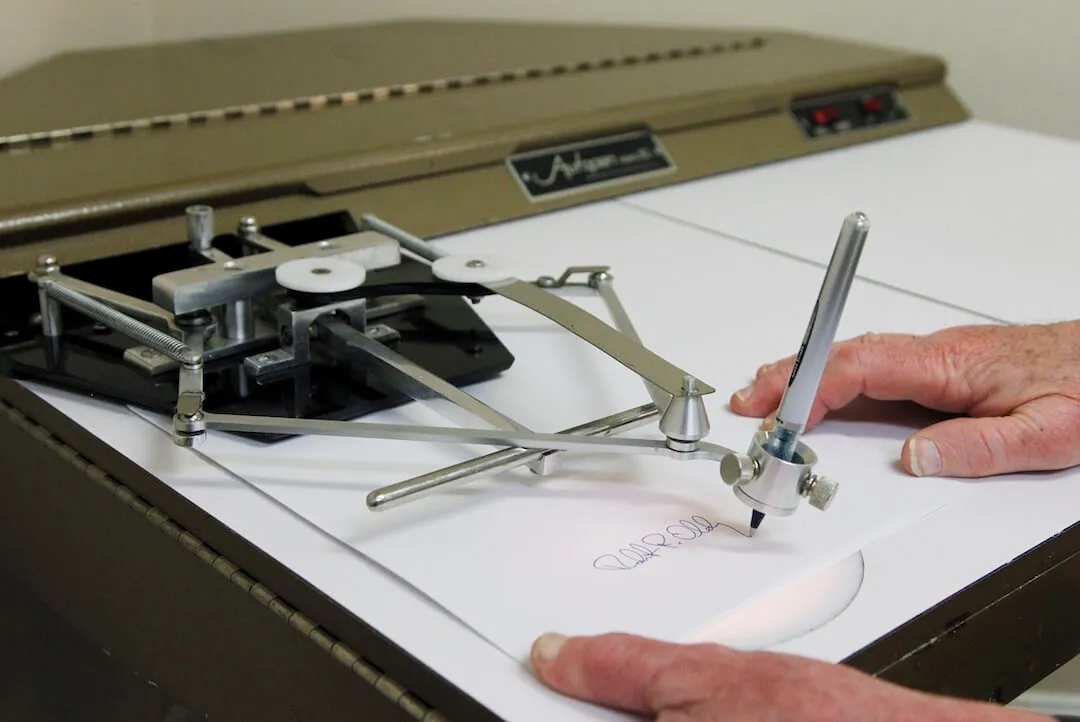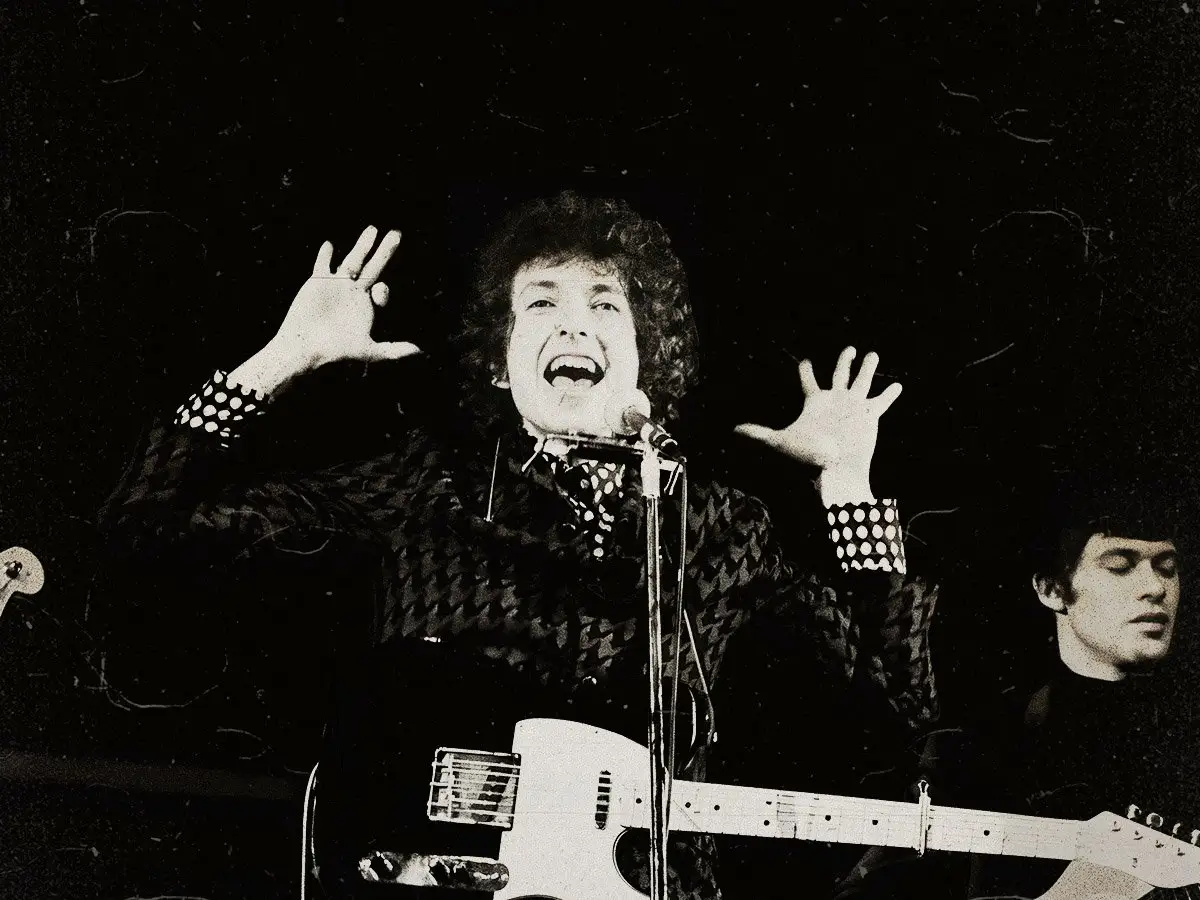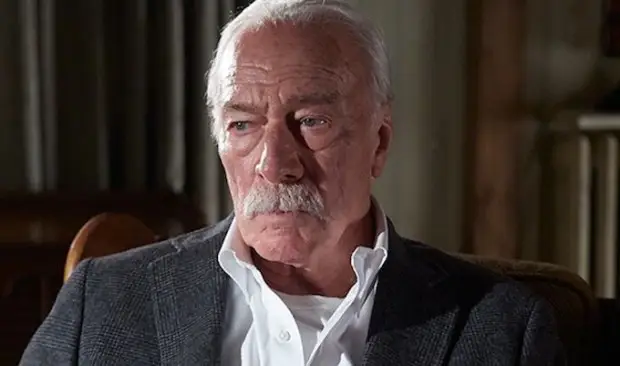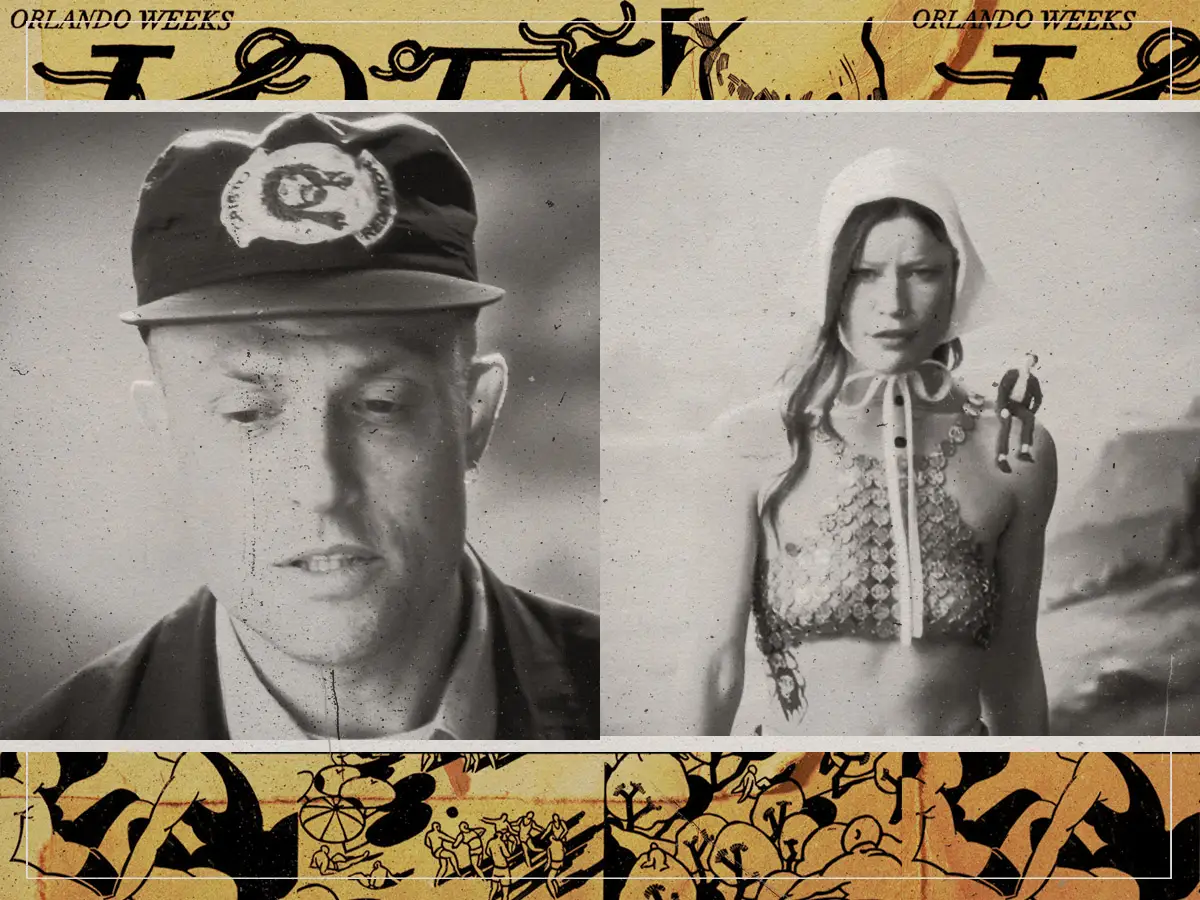A produção de Michael Caine deve toda a sua carreira: ele fez a diferença
The representation of working-class stories in cinema has always been limited, and opportunities for working-class actors to land significant roles have been even scarcer\. Instead, the industry tends to favour those with pre-existing connections—often through family ties—or individuals from wealthy backgrounds, who have a much easier path to breaking into acting\. This imbalance has persisted for decades, highlighting a long-standing issue of accessibility and representation within the film world\.
However, there have always been some exceptions to the rule, like Michael Caine, who helped challenge the working class’s perception through his varied performances, typically retaining his Cockney accent\. He hoped that by keeping his accent, he could show other working-class people that it was possible for them to break into the industry, even if the statistics were stacked against them\.
A report made by the Sutton Trust in 2024 found that within the past five years, 35% of actors nominated for Baftas have been privately educated\. Thus, this reflects the ongoing struggle for people from disadvantaged backgrounds to establish themselves in an industry that favours middle to upper-class white creatives who have the time, money, and resources to advance themselves in a cutthroat business\.
While the landscape of British cinema is still highly swayed towards posh stars who emerged from schools like Eton, Harrow, and St Edward’s School, there was a moment in the British arts when the working class became more prominent\. Thanks to a period in the 1950s and ‘60s when certain individuals made a concerted effort to bring more awareness to the realities facing many low-income individuals in the country, kitchen sink dramas emerged as one of Britain’s most necessary sub-genres\.
Caine apareceu em 1966 Alfie , a comedy-drama that wasn’t as bleak as some other kitchen sink dramas of the period but still one that tackled issues relating to gender and class, with the actor playing the womanising yet charming lead\. It was one of many movies from the period that brought the stories of the lower class into full view, but it wasn’t the first\.
Before then, the kitchen sink movement had emerged through various novels, short stories, and plays\. One of these was a great influence on Caine, who believed it to be the first major piece of theatre that had a working-class hero\. He was referring to Olhe para trás com raiva , John Osborne’s play about a working-class man struggling to relate to his wife, whose family are part of the upper-middle-class\. The play was turned into a feature film directed by Tony Richardson, which earned several Bafta nominations and helped to kickstart the kitchen sink drama movement within cinema\.
Caine explicou O guardião : When it changed it was all down to the writers\. They started writing for working-class people and it made all the difference\. Playwrights like Noël Coward, someone I later knew very well, wrote middle-class parts for the stage\. If you had a cockney accent you were going to play the butler\. But John Osborne wrote Olhe para trás com raiva in 1956 and that, I believe, was the first major piece of theatre that had a working-class hero\.


